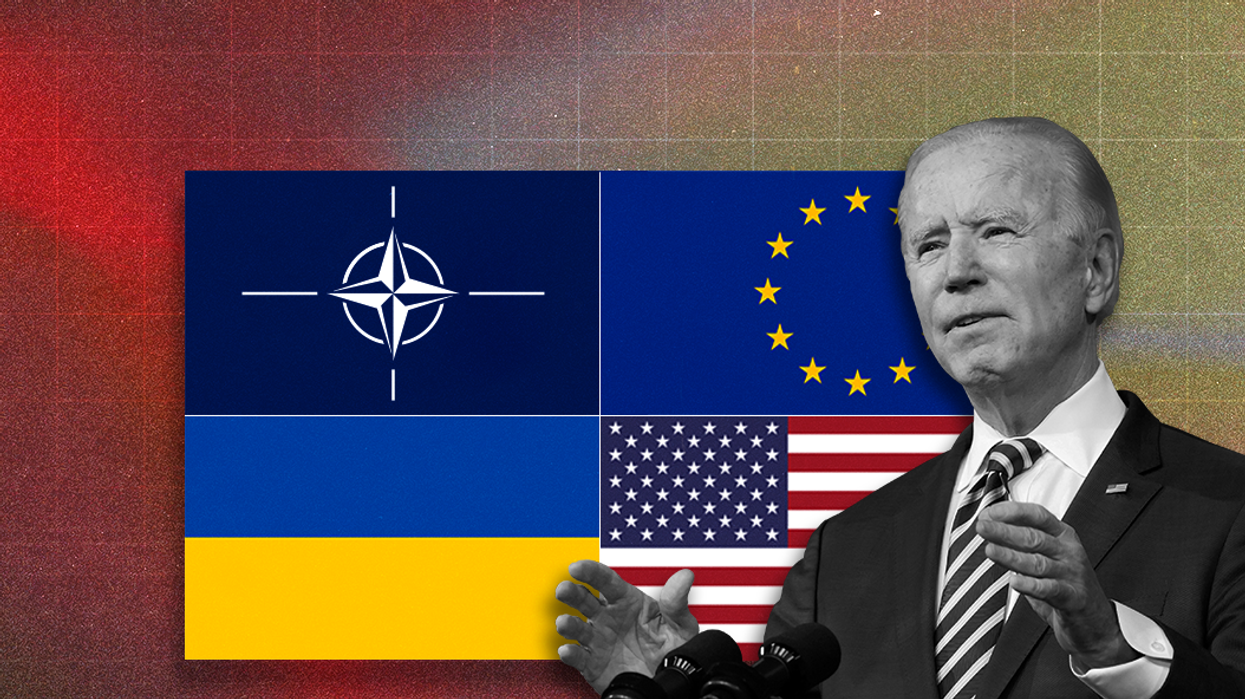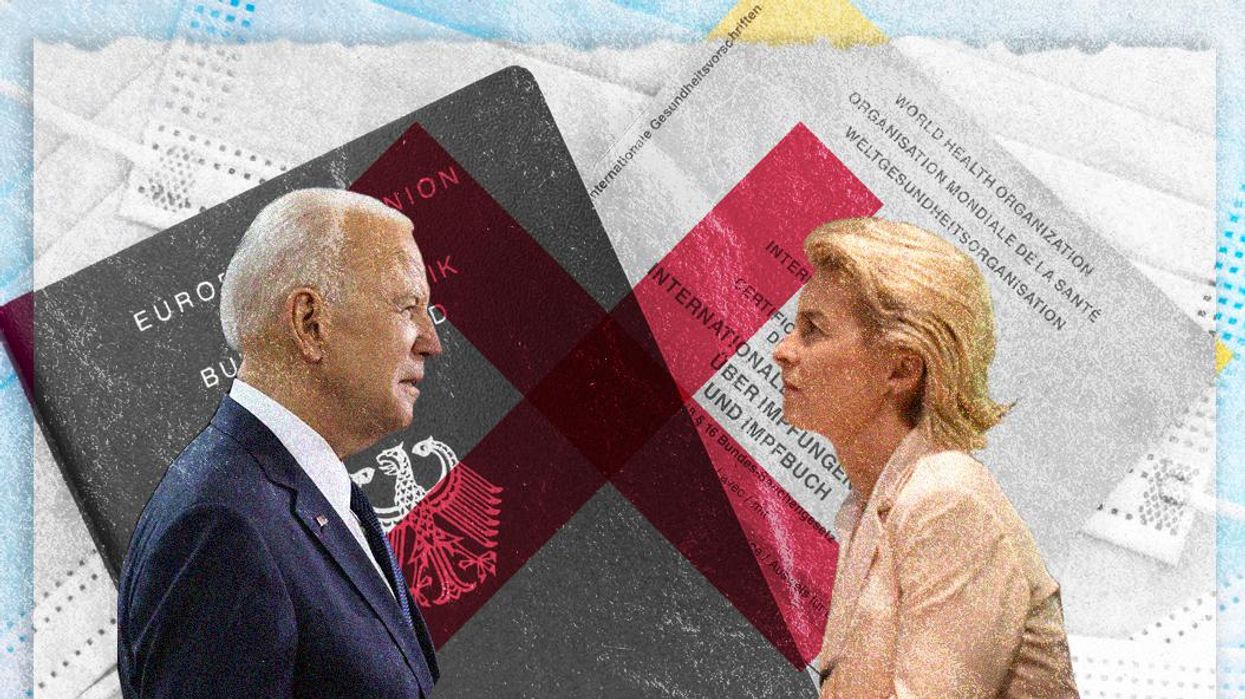popular
Biden goes to Europe to talk Ukraine. Will it make a difference?
The test is on this week for US President Joe Biden as he heads to Europe to shore up allied resolve against Russia’s assault on Ukraine. Biden likely hopes he can rally European countries to put further pressure on Moscow and force the Kremlin to make some concessions. Can he pull it off?
Mar 22, 2022


